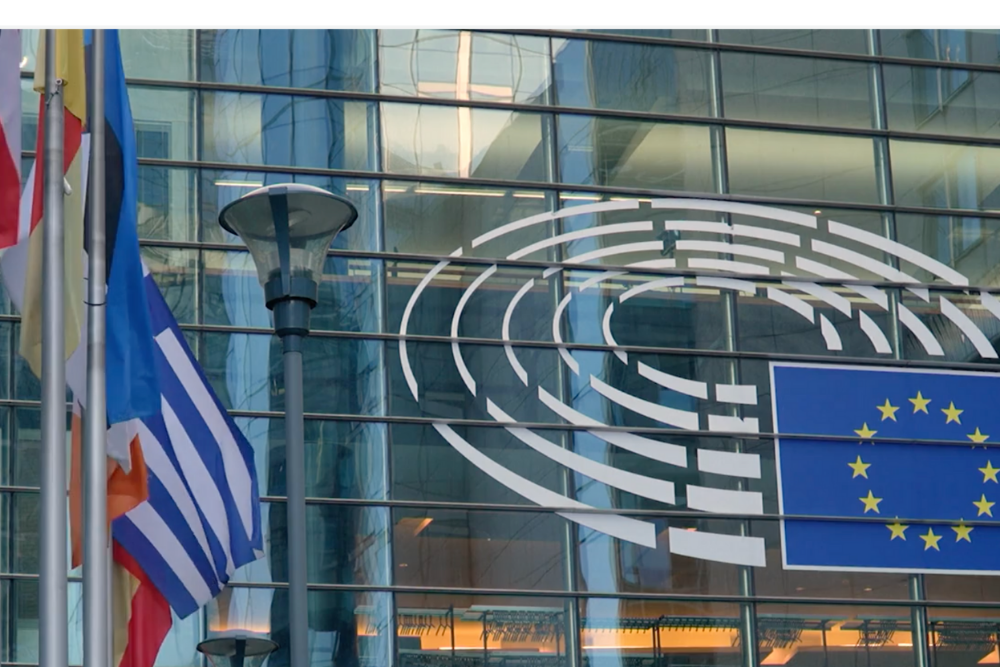UNICEF Representative in Mali, Pierre Ngom, told reporters in Geneva that dozens of children have been killed this month alone by non-State armed groups in the north and centre of the country.
An attack on a boat on the Gao-Timbuktu axis on 7 September claimed the lives of at least 24 youngsters.
Mr. Ngom called for urgent action to protect and support children in Mali: “Investments in peace and security must go hand in hand with getting all children in school and learning, fully vaccinated, protected from grave violations, and free from malnutrition.”
Peacekeeping withdrawl
He said that heightened insecurity has been further amplified by the ongoing departure of UN peacekeepers.
The UN Stabilization Mission in Mali (MINUSMA) pull-out is scheduled for the end of the year. Mr. Ngom underscored that MINUSMA was helping ensure the safety of UNICEF teams implementing vaccination campaigns in insecure zones.
According to UNICEF, with just a few weeks until the start of the 2023-2024 academic year, more than 1,500 out of 9,000 schools are not functional.
In the southeastern Ménaka region, half of all schools are closed. In all, half a million children are affected, but UNICEF is working with the Government to provide classes through radio programming, and recruit community volunteers to fill in for teachers.
Brazil: UN rights office hails ‘encouraging’ ruling on Indigenous Peoples’ land claims
The UN human rights office (OHCHR) welcomed on Tuesday a recent Brazilian Supreme Court ruling in favour of a land rights case brought by Indigenous Peoples.
OHCHR said that the landmark decision rejected time restrictions on Indigenous People’s claims to their ancestral land and called it “very encouraging”.
An opposing legal argument would have blocked Indigenous Peoples who were not living on their ancestral land 35 years ago from laying claim to it today; 1988 was the year when Brazil’s constitution was adopted.
OHCHR said that such limits would have “perpetuated and aggravated historic injustices suffered by Brazil´s Indigenous Peoples”.
The UN rights office said that it remained concerned that a draft bill currently being discussed in Congress was seeking to impose the 1988 deadline which has now been rejected by the Supreme Court.
Failure to ensure judicial independence impeding justice in Montenegro: UN expert
Failure to elect a seventh member of the Constitutional Court, the Supreme State Prosecutor and new lay members of Montenegro’s judicial council, has put plans for judicial reform at risk there, an independent UN rights expert said on Tuesday.
Margaret Satterthwaite, UN Special Rapporteur on the independence of judges and lawyers said in a statement at the end of an official visit there that this would hinder access to justice “for all its citizens.”
She added that Montenegro’s Parliament had failed, on multiple occasions, to elect the new members needed to staff these important institutions.
“As a result, strategic leadership in these institutions is lacking, and planning and action for reform of the system is not possible”, she said.
‘Country above politics’
“Members of Parliament must put the interests of their country above politics, and ensure these appointments take place without any further delay.”
Ms. Satterthwaite said she had met with judges and prosecutors who reported working in conditions that were manifestly underfunded.
Buildings were old, too small, and in a poor state of repair. There was insufficient office space, creating security risks for judges and prosecutors. Up to date information technology and digitalisation was severely lacking, she said.
“During my visits to courts, I was shocked to see and hear about inadequate facilities for storage of archives and evidence, including firearms and drugs,” the independent expert added.
Special Rapporteurs and other independent experts are appointed by the UN Human Rights Council, are not staff and do not receive a salary for their investigative work.












